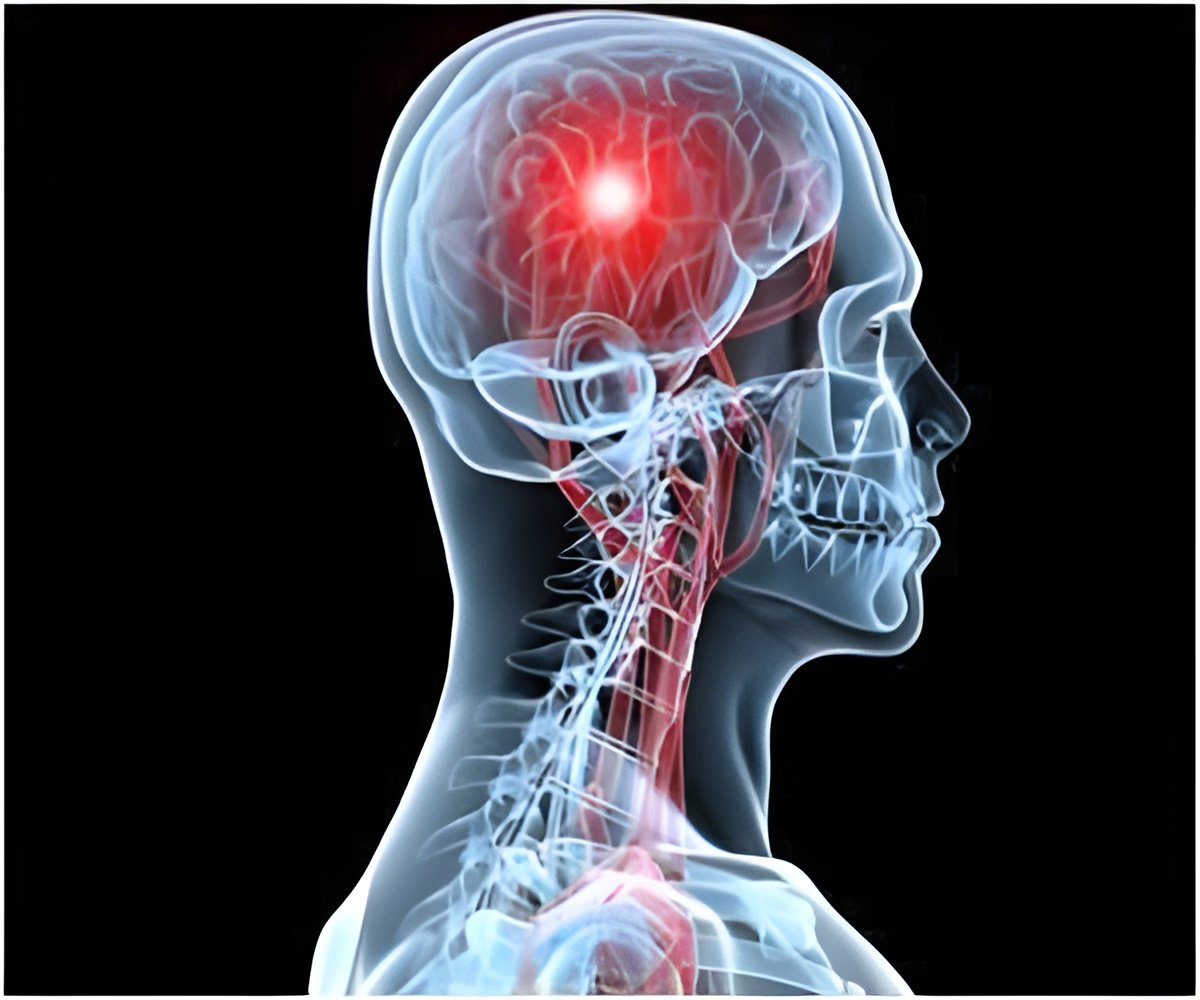Traumatic brain injury that could be caused by a fall, traffic accident, assault or sports injury, slows down the processing speed in children.

The researchers looked at 113 children, between the ages six to 13, who suffered traumatic brain injuries (TBI) and compared them with a group of 53 children who experienced a trauma that was not head-related.
The injuries were ranging from a concussion that gave them a headache or caused them to vomit, to losing consciousness for more than 30 minutes.
About 18 months after the children’s accident, the researchers tested mental functioning and evaluated questionnaires completed by parents and teachers.
The researchers found that children with TBI had more lapses in attention and other issues, such as anxiety, a tendency to internalize their problems and slower processing speed.
The findings of the study suggests an association between head injury and lapses in attention but it does not prove a direct cause-and-effect relationship.
Advertisement
Studies have shown that adults who experienced attention issues are suffering from a brain injury. Doctors have theorized for years that head injuries in children might be followed by a "secondary attention deficit hyperactivity disorder."
Advertisement
The study is published in the journal Pediatrics.
Source-Medindia














